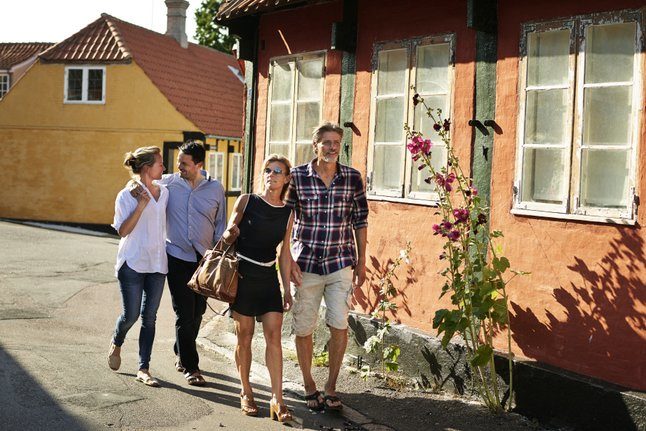Following the recent spate of killings in Malmö, politicians have promised changes in Sweden’s current weapons laws to curb the violence.
According to some court’s interpretation of current laws, criminals can actually receive milder sentences because they operate in gang environments, the Sydsvenskan daily reported.
“One can be especially vulnerable when living in a dangerous environment and therefore have personal reasons to be armed,” reasoned a judge in a case in 2009 where the minimum penalty was issued to a man who had an automatic pistol in his belt, according to prosecutor Jan Pernvi.
“So the court perceived it as mitigating circumstances that he was a professional criminal, even if it wasn’t written in the sentence,” Pernvi said.
Only about a week ago, a man in the organized crime group M-falangen in Malmö was sentenced for possession of an automatic rifle. The case has received broad media attention across the nation due to the verdict.
“Only four months in prison for possessing a Kalasjnikov, that’s too damn short. What signals does that send?,” Börje Sjöholm at the Malmö police murder squad told Sydsvenskan.
The Swedish Prosecutor General has reviewed 150 verdicts issued since 2007 regarding weapons crimes, finding a pattern whereby courts have been extra forgiving to gang members.
In Denmark on the other hand, the same circumstances would instead double the punishment for anyone on trial for weapons crimes, and now Swedish politicians want to see the same in Sweden.
Kazimir Åberg with the Court of Appeals proposed a change to current legislation, saying it should be considered whether the weapon could be used in a criminal act or is of an especially dangerous nature.
“We want to give the courts some guidance, and signal that they shouldn’t be afraid to issue the full imposed penalty,” he said.
However, Åberg doesn’t believe that increased penalties will have a great effect on the most serious criminals.
“The killings we’ve seen in Malmö, either it’s a sick person – which is then a separate problem – or something else, people who are very committed,” he told the paper.
“In those cases increased penalties won’t have any preventive effect.”



 Please whitelist us to continue reading.
Please whitelist us to continue reading.
Member comments